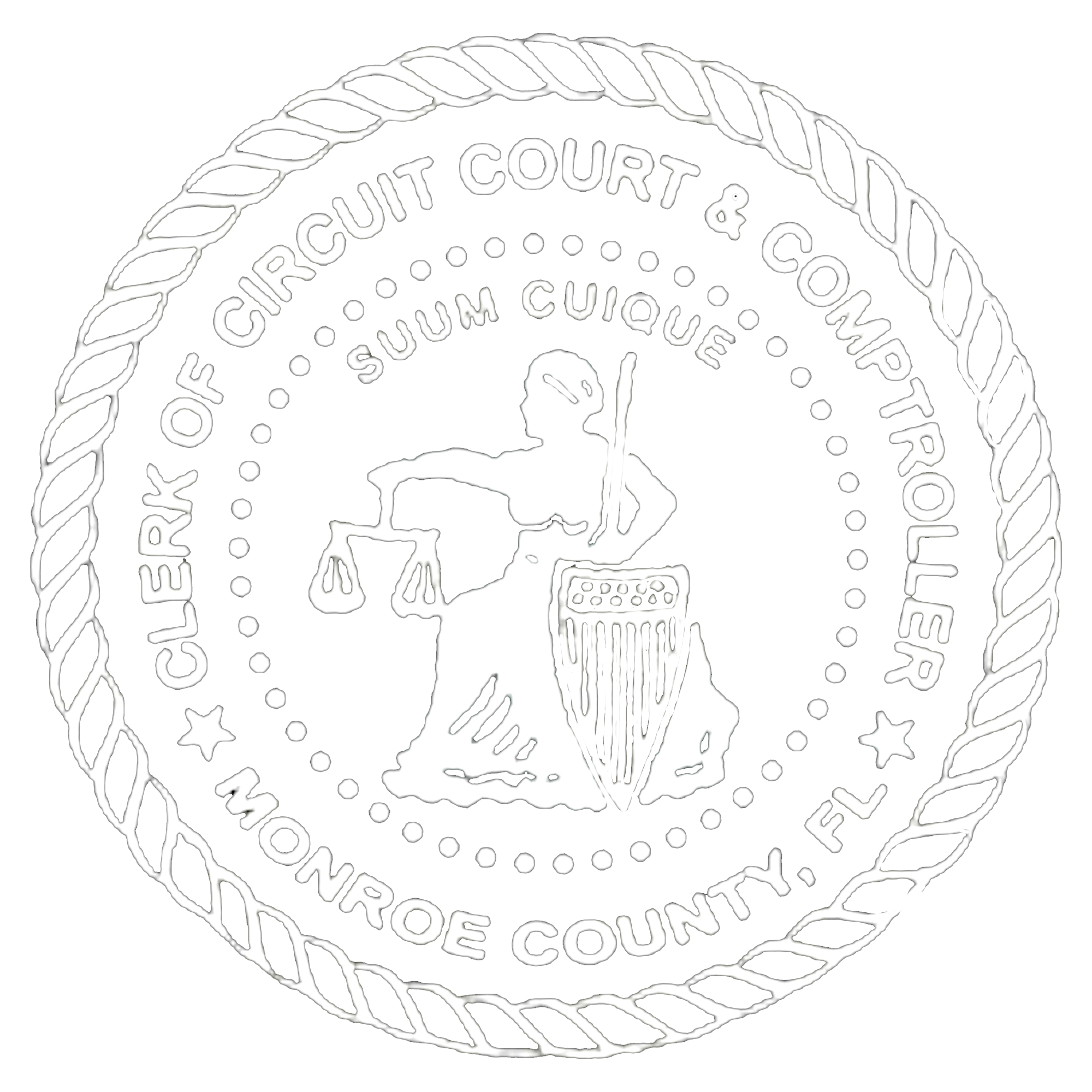What is a Small Claims Case?
A Small Claims case is a legal action filed in county court to settle minor legal disputes among parties where the dollar amount involved is $8,000.00 or less, excluding costs, interest and attorney fees.
Do I need a lawyer?
No, it is not necessary to have a lawyer. Small Claims court is considered a “peoples court” and a lawyer is not required. Clerk’s Office personnel will provide you with the necessary forms for filing a Small Claims case. You may wish to consult with an attorney if there are complex legal issues or, you need legal advice on your rights and obligations. The Clerk’s Office and Judges’ Office staff cannot provide you with any legal advice.
Who can file a small claims case?
Any person(s) eighteen (18) years or older or any individual(s) doing business as a company may file a Small Claims case. A parent or guardian may file on behalf of a minor child.
What does it cost to file a small claims case?
Filing fees for Small Claims actions are determined by Florida Statutes and fees vary in accordance with the dollar amount of your claim. Other fees are required for service on the parties you are suing and are dependent on the type of service you select. A current Fee Schedule is available on this website, as well as in any Clerks Office for your information.
What information do I need to file a small claims case?
It is important that you file your claim against the right party. The additional time you spend researching the correct name could make a difference in whether you are able to collect should a Judgment be entered by the court in your favor. Copies of any contracts, notes, leases, receipts or other evidence you may have in support of your claim must be furnished for each person you are suing as well as the court. You will need to bring the originals to your first court appearance. A full explanation of your reason for the Small Claims action will be necessary. You may wish to write this explanation out at home and bring it with you when you come to the Clerk’s Office to initiate your Small Claims case.
Are there other requirements?
Any time you sue someone other than an individual, there is additional information needed to complete the necessary forms. For example, are you suing an individual doing business as a company; a partnership where there are several people doing business as a company; a corporation and are they incorporated; or an insurance company? It is important for you to research this information carefully. Assistance in determining if the person you are suing is a company, corporation, an individual doing business as a company or partnership may be obtained by calling:
General Information
850-488-1234
The Secretary of State’s web site is www.sunbiz.org.
**If you determine that the company you are suing is not a registered corporation, contact: The Occupational License Department, Monroe County Tax Collector
Is there other information I need to know?
The information contained on these pages is intended only as a guide to assist you with the basic facts of filing a Small Claims case.
What happens after I file my small claims case?
After you file your Small Claims case, each person or business you are suing must be served with a Summons to appear in court on the date and time scheduled when you filed your claim. This court date will be a pretrial conference and you should be prepared to present your case to the court. If the dispute cannot be settled at the pretrial conference, a trial date will be scheduled by the court for your case to be heard. You must appear at the trial with all witnesses and documentation of your claim. At the trial you will have an opportunity to explain your case to the judge, ask the person(s) you are suing any questions concerning your claim, present your documentation as discussed at the pretrial conference and call on your witnesses to help explain your case.
Can I have a jury trial on my small claims case?
Yes, a trial by jury may be requested by the person(s) filing the Small Claims case [plaintiff(s)] upon written demand at the time the case is filed. Someone being filed against [defendant] may request a jury trial within five days after service of Notice or at the pretrial conference.
What happens to my case if a settlement is reached?
If, at any time in the proceedings a settlement is reached between the parties, the plaintiff [person(s) who filed suit] must notify the Clerk of the Circuit Court’s Office, in writing, of the settlement. If a trial date has been scheduled, the judge before whom the case is set should be notified.
How can I collect my judgment
This information may assist you with the methods available for the enforcement of your judgment. Please remember that the Clerks who assisted you in the filing of your claim are not lawyers and are not allowed by law to give legal advice. This information sheet is not intended to give you a complete statement of the law relating to court judgments, but rather a brief overview of some of the rights you may have. You may be well advised to confer with an attorney. You may wish to contact the Florida Bar Referral Service (LRS), 1-800-342-8011 or 1-800-342-8060 extension 5844.
To protect your rights as a judgment holder, if the assets of the defendent are limited, these steps may establish the priority of your judgment.:
a. Request a certified copy of your Final Judgment from the Clerk of the County Court, and have it recorded in the Official Records of any county where the defendant may own real estate. (This may create a lien on any real estate the defendant owns in that county.) You may obtain the certified copy ten (10) days after the Final Judgment is entered. You should also request the Clerk to issue a Writ of Execution.
b. Obtain a Judgment Lien by recording a Judgment Lien Certificate with the Department of State. You may access the Department of State website at www.sunbiz.org and click on Judgment Lien Information.
2. Identify and locate the defendant’s (judgment debtor) assets. You need to find out what real property (land) and personal property (vehicles, vessels, etc.)the defendant owns. The Tax Collector’s Office in the county where the defendant resides may be able to provide you with this information.
If you are unable to determine the defendant’s assets, upon your written request, the court can schedule a Hearing in Aid of Execution for the defendant to appear in court and complete a Florida Small Claims Fact Information Sheet revealing his/her assets. You must appear at this hearing.
3. Once you have discovered any of the defendant’s assets and their location, your next step is to proceed against them in order to satisfy your judgment. Two methods in successfully collecting a judgment are:
a. Garnishment - Garnishment is the taking of property of the debtor that is in the possession of another. Some kinds of assets are protected by law (for example: the wages of the head of a household) and cannot be garnished. Two readily available sources of assets, which may be subject to garnishment proceedings, are wages (other than the head of household) and bank accounts. Once you have determined what property you wish to garnish, you should file a Motion for Writ of Garnishment with the Clerk and have the Writ served by the Sheriff upon the party in possession of the property (such as the defendant’s bank). Be aware that both the Clerk and the Sheriff will require fees for their services in this proceeding. You should be aware that the garnishment procedure often varies because of the type of property to be garnished. Most garnishment proceedings are governed by Statute.
b. Levy on Execution - For information concerning this procedure and the costs associated with the levy may be obtained from the Sheriff’s Civil Office in the county where the defendant’s property is located. You should be very careful about levying upon the property of another since you may incur liability if you wrongfully levy on the property of someone other than the defendant. You are cautioned that laws change and those changes may affect the proceedings outlined above.
Exemptions: Under the Florida Constitution, there are certain properties that may be exempt from forced sale and execution as well as certain exemptions and limitations on garnishments.
If you have any questions regarding the procedure to be followed, consult with an attorney. Judges are prohibited from providing legal (non-procedural) advice as to the collection of your judgment; therefore, you should not contact the Judge’s office.
3. Satisfaction of Judgment
When your judgment has been paid in full, you must complete a Satisfaction of Judgment form and have it recorded in the Official Records of the county where you obtained the judgment and any other county where your judgment lien was recorded pursuant to §701.05 Fla. Stat. Failure to do so is a criminal offense.
Where can I file my small claims case?
To file a small claims case complete the Statement of Claims form and bring it to one of the following locations:
Small Claims Division
500 Whitehead Street
Key West, FL 33040
305-292-3458
FAX: 305-295-3970
Small Claims Division
3117 Overseas Highway
Marathon, FL 33050
305-289-6027
FAX: 305-289-1745
Small Claims Division
88770 Overseas Highway
Ste 2
Plantation Key, FL 33070
305-852-7145
FAX: 305-852-7146

